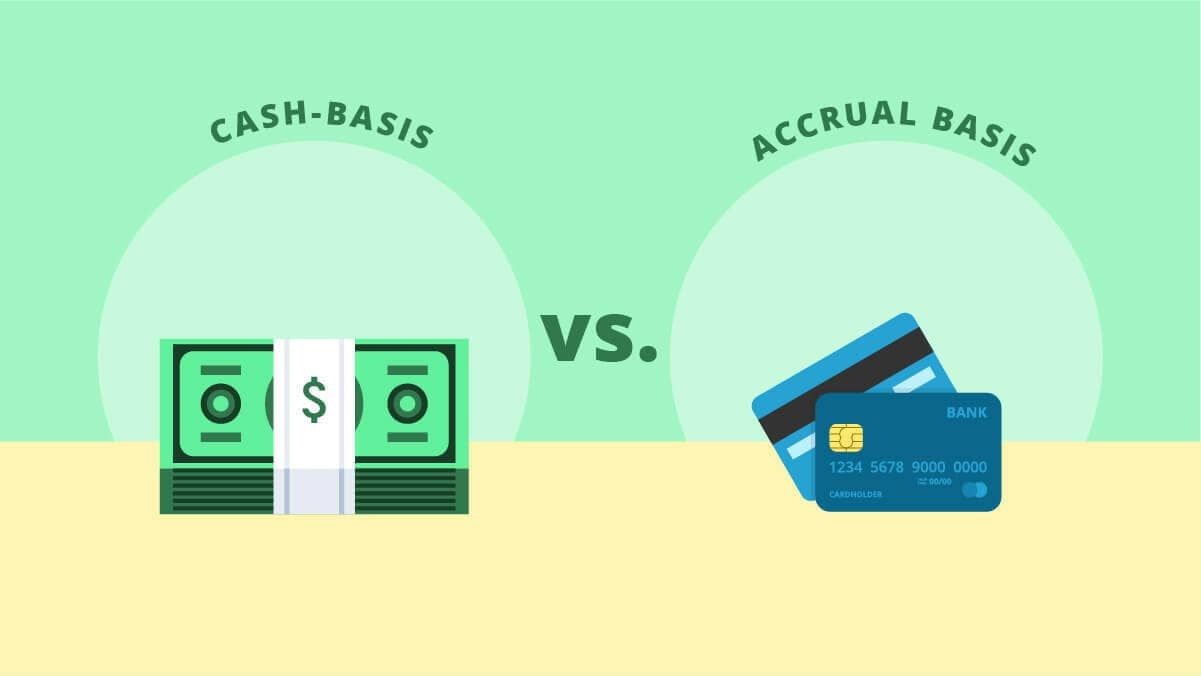Understanding Cash vs Accrual Accounting: What's the Difference?
Cash basis accounting and accrual basis accounting are two primary methods used in bookkeeping to record financial transactions. The primary difference between these two methods is the timing of when income and expenses are recorded.
Cash basis accounting:
In cash basis accounting, income is recorded when the payment is received and expenses are recorded when the payment is made. This means that cash basis accounting primarily focuses on cash inflows and outflows rather than when the income is earned or expenses are incurred. Cash basis accounting is usually employed by small businesses that do not carry inventory and have simple accounting needs.
Accrual basis accounting:
In accrual basis accounting, income is recognized when it is earned, irrespective of when payment is received, and expenses are recorded when they are incurred, regardless of when payment is made. This means that accrual basis accounting matches income and expenses to the period in which they were earned or incurred, rather than the period in which they were paid. Accrual basis accounting is generally used by businesses that have inventory, accounts payable, accounts receivable, and have more complex accounting needs.
Pros and cons of cash basis accounting:
Pros:
- Simple and easy to understand
- Reflects actual cash position
- Suitable for small businesses with simple accounting needs
Cons:
- Does not reflect long-term financial performance
- May not be suitable for businesses with inventory
- Can lead to timing mismatches in income and expenses
Pros and cons of accrual basis accounting:
Pros:
- Matches income and expenses to the period in which they were earned or incurred
- Provides a more accurate view of long-term financial performance
- Suitable for businesses with inventory, accounts payable, and accounts receivable
Cons:
- Can be complex and more difficult to understand
- Requires ongoing tracking of accounts payable and accounts receivable
- May result in higher income tax liability due to income being recognized before payment is received
In summary, the accounting method a business chooses will impact its accounting system, financial statements, earnings, bookkeeping, profit, loss, customers, and billed amounts. The appropriate accounting method for a business will depend on its accounting needs and financial goals.
Contact RightPath Accounting
Thank you for your interest in RightPath Accounting. Please fill out the form below and we will get back to you shortly. We look forward to helping you meet your accounting needs.

